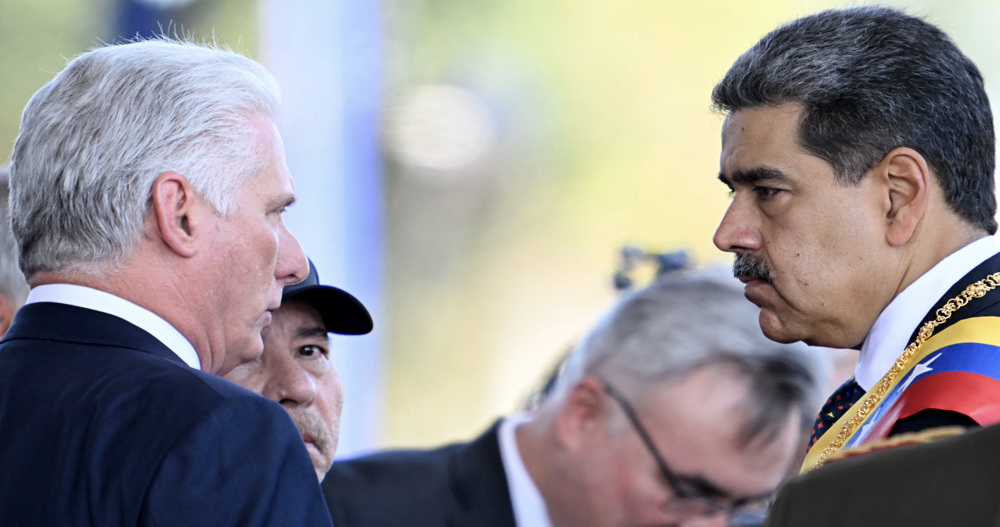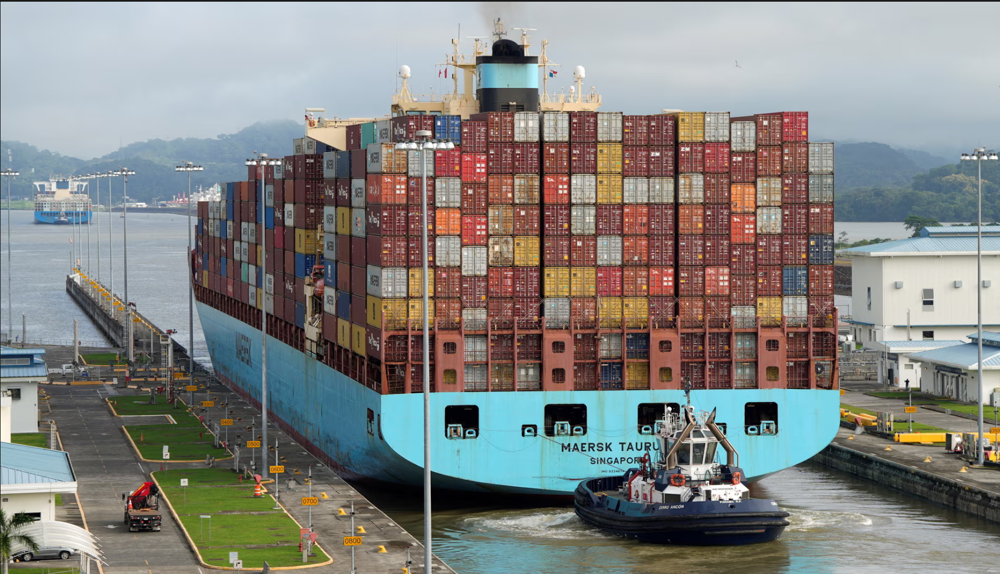China: US abusing national power to suppress Tik Tok
China has slammed the Trump administration for abusing "national power" by imposing a ban on Chinese-owned video app Tik Tok forcing it to undersell its US operations.
Foreign Ministry Spokesman Wang Wenbin said on Monday that the "bullying behavior" of the Trump administration was evident.
He slammed Washington for "abusing national power to unreasonably suppress other countries' enterprises."
China says Trump is strong-arming the company into giving up full ownership of a lucrative app -- with 100 million US subscribers -- to an American rival.
Wang said that instead of exerting pressure on the Chinese-owned company to sell its US operations, the US should "provide a fair, just, open, and non-discriminatory business environment for companies around the world investing and operating in the country."
President Donald Trump, however, claims the popular app poses a security threat to the US.
In the meantime, a US federal court issued a temporary block on a ban ordered by the US Commerce Department against Tilk Tok.
District Judge Carl Nichols in Washington late Sunday blocked the ban set to take effect at 11:59 p.m. Sunday.
The judge, however, declined “at this time” to block further restrictions ordered by the US Commerce Department against Tilk Tok that were set to take effect on Nov. 12.
John E. Hall, a lawyer for TikTok, argued earlier on Sunday that the Trump administration's ban was "unprecedented" and "irrational."
"How does it make sense to impose this app store ban tonight when there are negotiations under way that might make it unnecessary?" Hall asked during a 90-minute hearing. "This is just punitive. This is just a blunt way to whack the company.... There is simply no urgency here."
Meanwhile, experts believe the US has long been using national security concerns as an excuse to impose a ban on Chinese communication apps and technologies.
In addition to this dispute, Washington and Beijing have been at loggerheads over a range of issues.
Since the coronavirus epidemic broke out in the Chinese city of Wuhan in late December last year, Beijing and Washington have clashed over the virus’ origins. More recently, the US and China have clashed over Hong Kong, Taiwan, and the South China Sea. The two countries have also been engaged in a trade war over issues such as cyber security and intellectual property since 2018.
Trump recently suggested that his administration could pursue a “complete decoupling from” Beijing, in what seemed to be an unprovoked threat.
Israeli media: Trump promises Netanyahu to violate nascent Gaza truce
VIDEO | Turning point: Aoun’s presidency in Lebanon
The impulse behind Iran-Russia strategic partnership
Israeli radio: Emerging Gaza ceasefire deal ‘complete failure’ for regime
VIDEO | Press TV's News Headlines
Iran says sanctions removal talks with E3 ‘constructive’; dialogue ‘to continue’
Jan. 13: ‘Axis of Resistance’ operations against Israeli occupation
Cuba files declaration to join South Africa's genocide case against Israel at ICJ












 This makes it easy to access the Press TV website
This makes it easy to access the Press TV website